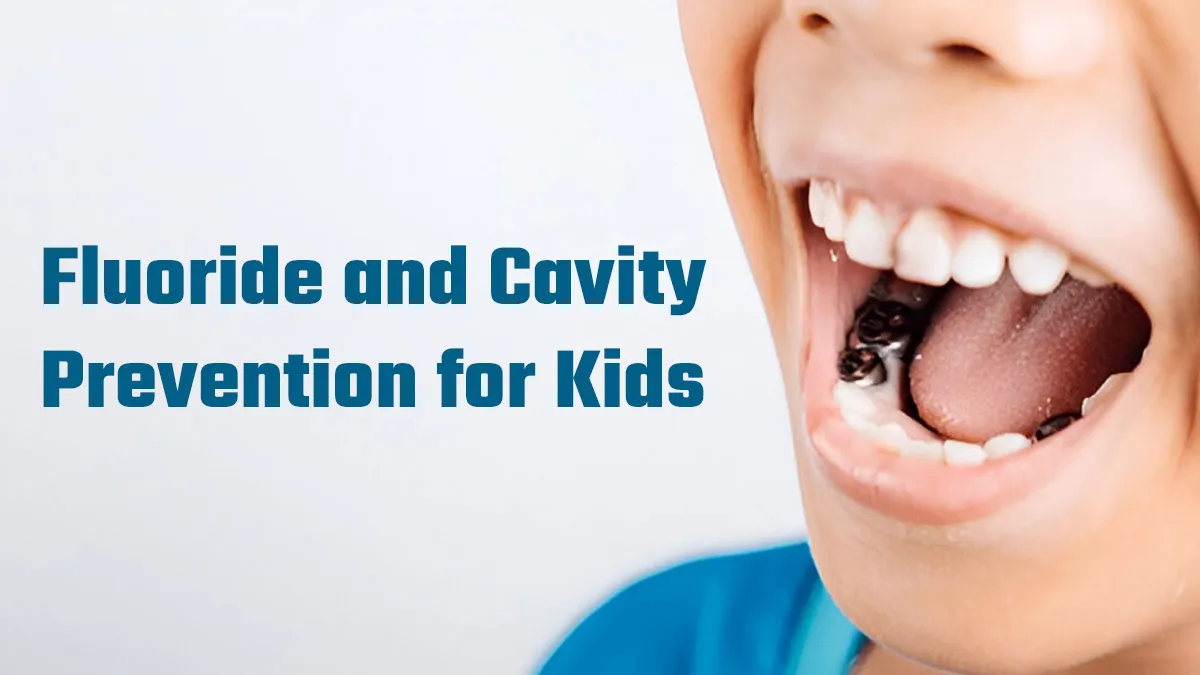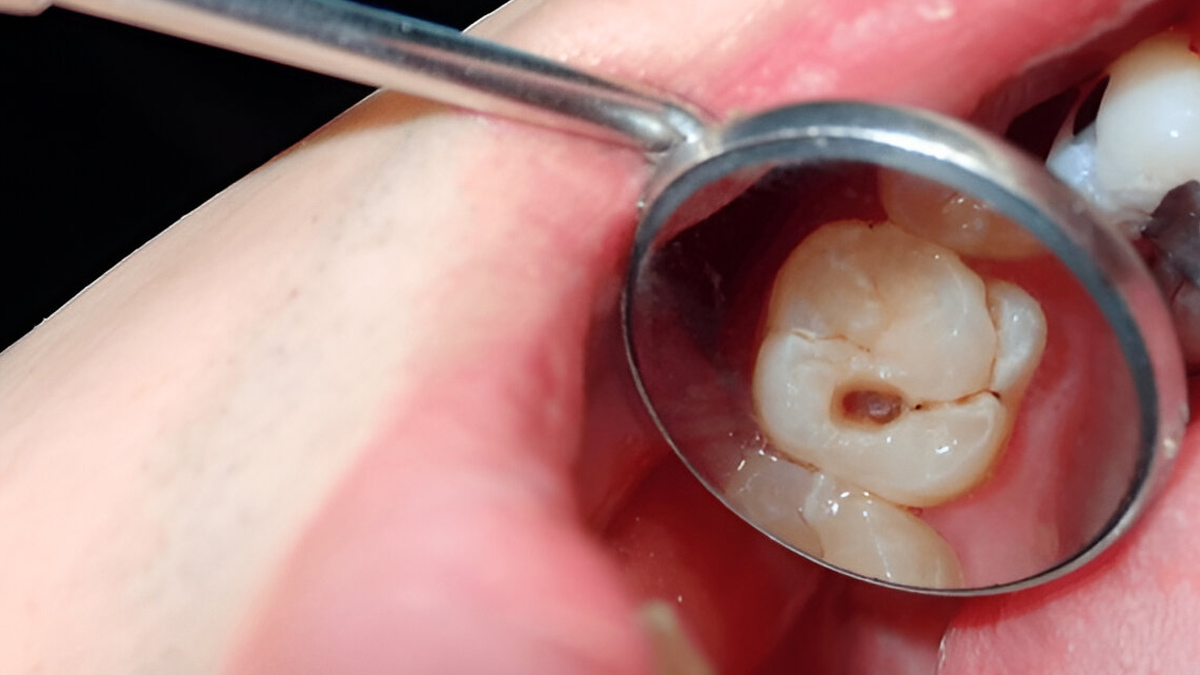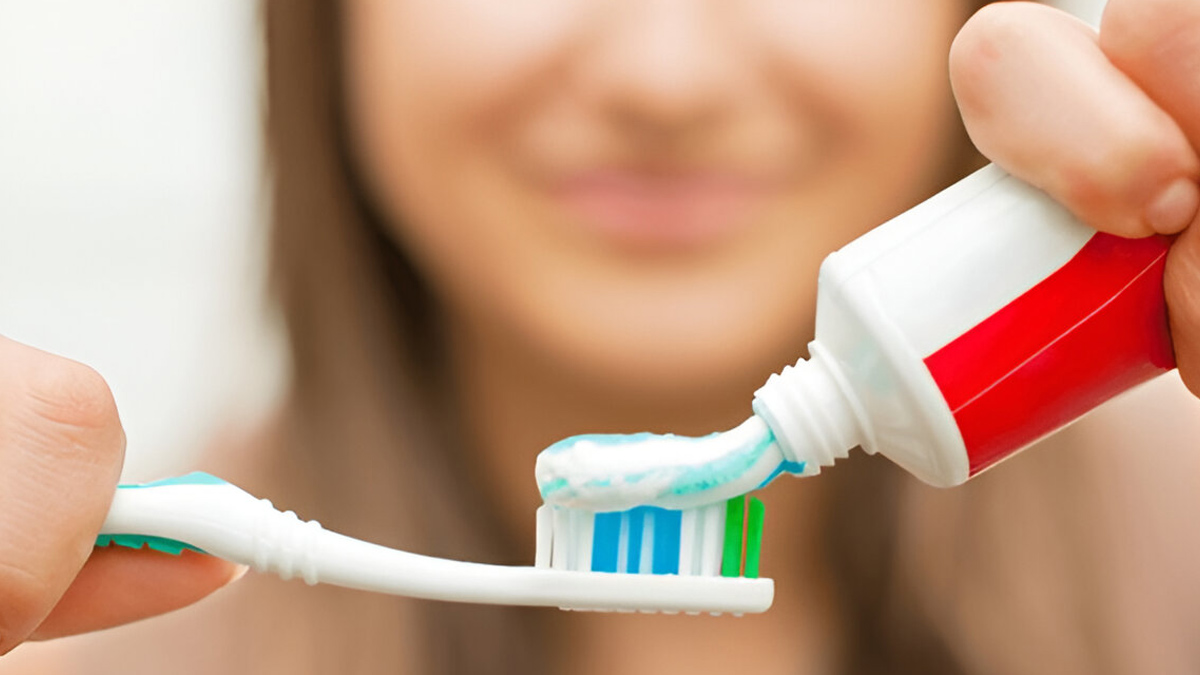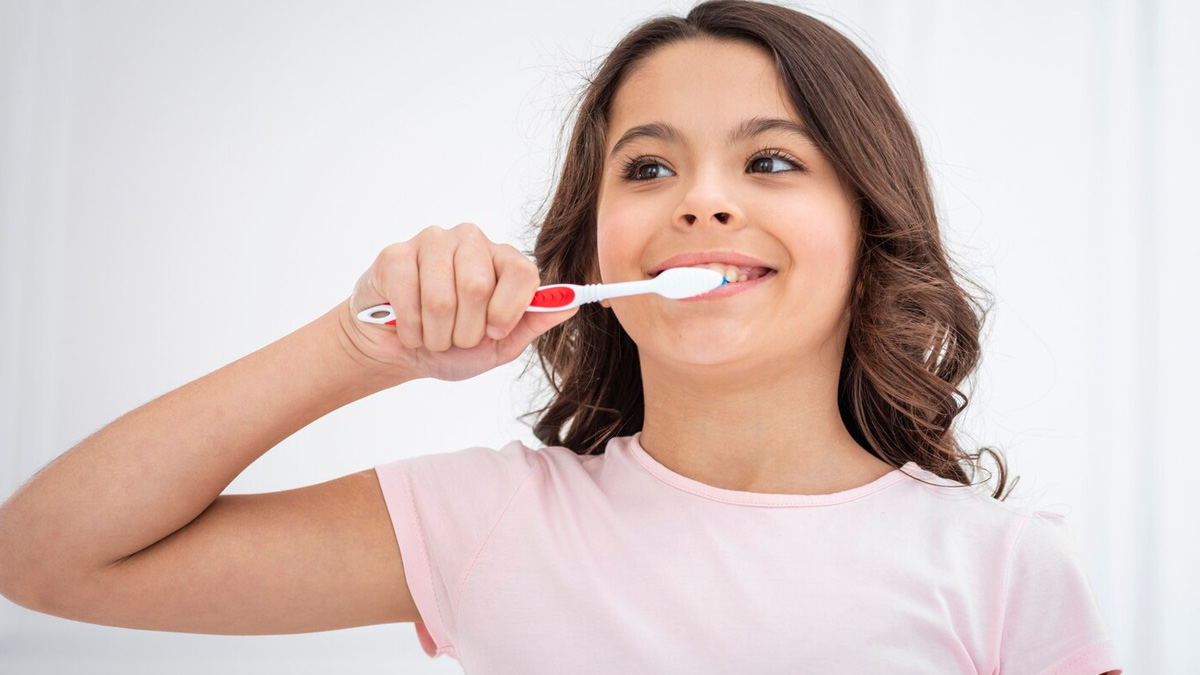
As a parent, you want to give your child the best possible start in life, and that includes a healthy smile. With tooth decay affecting 60-90% of the global population, it's crucial to take proactive steps to protect your child's teeth. Fluoride is a naturally occurring mineral that has been proven to be a game-changer in pediatric oral health.
Table of Content:-
We spoke to Dr Abhishek Chopra, Senior Consultant – Neonatologist and Pediatrician at Cloudnine Group of Hospitals, New Delhi, Punjabi Bagh, who explained its importance, how it works, and how you can use it to safeguard your child's dental health between the ages of 6 and 13.
Why Ages 6–13 Matter

"Children between 6 and 13 are in a key developing stage when they grow from primary (baby) teeth to permanent (adult) teeth. It is during these years that the foundations for dental health for the rest of their lives are laid. This age group, however, is also most vulnerable to dental caries (cavities) caused by lack of proper brushing, excessive intake of sugars, and irregular dental visits," said Dr Chopra.
What Is Fluoride and How Does It Help?
According to StatPearls, dental caries, affecting 60-90% of the global population, is the most prevalent disease worldwide. However, as a non-communicable condition, it can be prevented if dentists and paediatric care physicians follow established caries-prevention guidelines.
Fluoride is a mineral that helps prevent cavities by:
- Strengthening enamel – It makes the tooth surface more resistant to acid attacks from plaque bacteria and sugars in the mouth.
- Reversing early decay – Fluoride has the ability to remineralise early damage, stopping small cavities from becoming larger issues.
- Reducing bacterial activity – It prevents the ability of bacteria to form acid.
A 2014 study confirmed the safety and effectiveness of fluoride in reducing cavities in children by up to 40%.
Also Read: Toothpaste Tablets vs Traditional Toothpaste: Expert Shares Which Cleans Better
Sources of Fluoride
Here’s how your child can get fluoride:
1. Fluoridated Toothpaste

Children older than six should brush with a pea-sized amount of toothpaste containing fluoride twice a day. Brushing should be done under adult supervision to avoid swallowing toothpaste, particularly in younger ones.
2. Drinking Water
Most city water supplies have fluoride added to them. If your water is not fluoridated (or you are using bottled or filtered water), ask your paediatrician or dentist about other options.
3. Topical Fluoride Treatments
Dentists may apply fluoride gels or varnishes during routine dental check-ups, especially for kids at high risk of cavities.
4. Fluoride Supplements
In special cases, where water is not fluoridated and the child is highly at risk, tablets or drops of fluoride might be recommended.
Is Fluoride Safe for Dental Health?
"Yes — if used correctly. The secret is to use the right amount for each age. Too much fluoride results in dental fluorosis, a cosmetic effect with barely visible white streaks on the teeth. Not harmful, but avoidable by proper use," advised Dr Chopra.
To minimise risks:
- Avoid fluoride mouth rinses in kids under six unless recommended.
- Store toothpaste out of reach of small children.
- Use only a pea-sized amount for brushing.
Tips for Cavity Prevention Alongside Fluoride Use

- Regular brushing: Twice daily with fluoride toothpaste.
- Flossing: Once a day to clean between teeth.
- Healthy diet: Limit sugary snacks and drinks.
- Dental check-ups: Every six months, or as advised.
- Hydration: Drinking water after meals helps rinse away food particles.
When to See a Dentist
Start dental visits as early as age one. By the time a child turns six, regular visits should be part of the routine. Your dentist will check for evidence of early decay, apply fluoride varnishes if required, and teach you about home care methods.
Bottomline
"Fluoride is a simple yet powerful tool to keep your child’s teeth strong and healthy. Combined with good oral hygiene and routine dental care, it provides long-term protection from cavities in those important growing years. As a parent, your part in directing and overseeing these habits cannot be overestimated. Let's work together to help your child smile confidently — today and for a lifetime," concluded Dr Chopra.
How we keep this article up to date:
We work with experts and keep a close eye on the latest in health and wellness. Whenever there is a new research or helpful information, we update our articles with accurate and useful advice.
Current Version